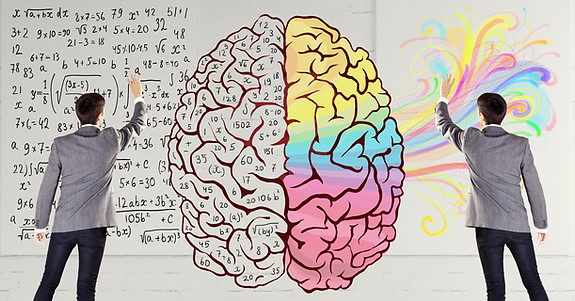Case studies
Harvard Study of Mindfulness and the Brain
In 2011, Sara Lazar and her team at Harvard found that mindfulness meditation can actually change the structure of the brain: Eight weeks of Mindfulness-Based Stress Reduction (MBSR) was found to increase cortical thickness in the hippocampus, which governs learning and memory, and in certain areas of the brain that play roles in emotion regulation and self-referential processing. There were also decreases in brain cell volume in the amygdala, which is responsible for fear, anxiety, and stress – and these changes matched the participants’ self-reports of their stress levels, indicating that meditation not only changes the brain, but it changes our subjective perception and feelings as well. In fact, a follow-up study by Lazar’s team found that after meditation training, changes in brain areas linked to mood and arousal were also linked to improvements in how participants said they felt & their psychological well-being. Whoever says that activated blobs in the brain don’t necessarily mean anything, our subjective experience – improved mood and well-being – does indeed seem to be shifted through meditation as well.

UCLA MBSR Study on Second & Third Graders
A University of California, Los Angeles study found second- and third- graders who practices "mindful" meditation techniques for 30 minutes, twice a week, for eight weeks, had improved behavior and scored higher on tests requiring memory, attention, and focus, than the non-meditators. Another study of more than 3,000 children in the San Francisco Unified School District found a dramatic improvement in math test scores and overall academic performance among students who practiced transcendental meditation, a form of meditation that promotes relaxation and "an awakening" of the mind. The study also found a decrease in student suspensions, expulsions, and dropout rates.